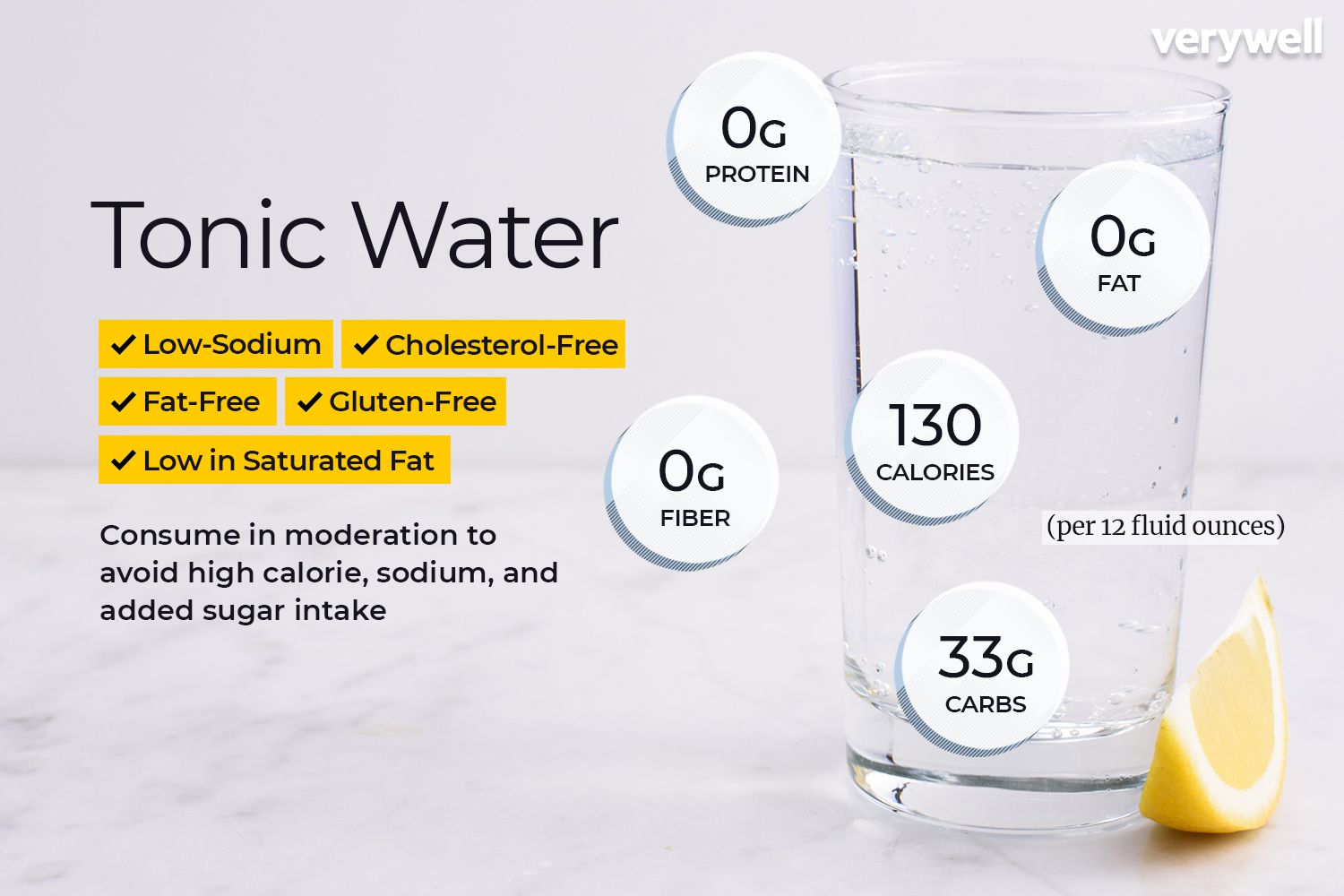Nutrition in early childhood lays the foundation for lifelong health and cognitive development. Proper nutrition during these formative years supports growth and learning potential.
Good nutrition is crucial for children’s physical and mental development, ultimately setting the stage for their future. Early childhood encompasses remarkable brain growth and maturation, requiring consistent energy and nutrients. Children who receive adequate nutrition are likelier to have improved immune function, better school performance, and a lower risk of chronic diseases.
Parents and caregivers must provide a balanced diet of fruits, vegetables, proteins, and whole grains to promote optimal growth. Poor nutrition, conversely, can lead to delayed development and susceptibility to illness. With childhood obesity on the rise, encouraging healthy eating habits from a young age is more important than ever for preventing long-term health issues. Our mission is to empower caregivers with knowledge to nourish young bodies and minds effectively.
The Role Of Nutrition In Early Development
The role of nutrition in early development is a cornerstone for lifelong health. Children’s bodies change rapidly. They need the right nutrients to fuel these changes. Good nutrition plays a vital role in helping children grow and learn. It sets the foundation for a healthy future.
Building Blocks Of Growth
Proper nutrition is the foundation of childhood growth. Like a building needs strong bricks, a child’s body needs healthy foods. These foods are packed with vitamins, minerals, and energy. Let’s understand how they work together.
- Proteins help build muscles and repair cells.
- Carbohydrates provide energy for play and learning.
- Fats support brain health.
- Vitamins and minerals are needed for strong bones and teeth.
Cognitive Development And Nutrients
Nutrients don’t just grow the body. They also grow the mind. Early childhood is key for brain development. A child’s diet influences their cognitive abilities. This means how they think, learn, and remember.
| Nutrient | Function | Food Source |
|---|---|---|
| Iron | Supports brain development | Spinach, beans, red meat |
| Zinc | Boosts memory and attention | Pumpkin seeds, nuts, dairy |
| Omega-3 fatty acids | Enhances learning ability | Fish, flaxseeds, walnuts |
Including these nutrients in a child’s diet helps their brain to grow strong. It helps them to focus in school. They become better at solving problems. They also remember things they learn more easily.

Credit: foodinsight.org
Nutrition Needs For Young Children
Nutrition Needs for Young Children lay the foundation for lifelong health, growth, and cognitive development. A balanced diet loaded with essential nutrients supports rapid growth and can set the stage for a healthier future. Understanding the nutritional blueprint during these critical years frames the cornerstones of health.
Macro And Micronutrient Essentials
Macronutrients – proteins, fats, and carbohydrates – provide energy and are crucial for growth. Young children need these in ample amounts:
- Proteins – building blocks for muscles
- Fats – vital for brain development
- Carbohydrates – main energy source
Micronutrients – vitamins and minerals – are equally vital for proper development:
| Vitamin | Function | Source |
|---|---|---|
| Vitamin A | Eye health | Carrots, spinach |
| Calcium | Bone growth | Milk, cheese |
| Iron | Blood health | Meat, beans |
Dietary Variations Across Age Groups
Nutrition needs vary with age. The table below shows key dietary considerations:
| Age | Nutrient Focus | Portion Size |
|---|---|---|
| 1-2 years | High-fat dairy for brain development | Small, frequent meals |
| 3-4 years | Protein for muscle growth | Smaller than adults |
| 5-8 years | Fruits and vegetables for vitamins | Adapted to child’s appetite |
Opt for whole foods over processed items to maximize nutrient intake. Adjust portions and nutrient focus as your child grows and their needs shift.
Common Nutritional Deficiencies And Impacts
The early years of a child’s life are critical for establishing a foundation for healthy growth and development. Nutritional intake during this stage plays a pivotal role. Yet, common nutritional deficiencies can impact a child’s future significantly. Understanding these and their effects is the first step towards nurturing a healthier generation.
Iron Deficiency And Developmental Delays
Iron deficiency is rife among young children. It can lead to worrying developmental delays. Iron is essential for brain development and when levels are low, children may experience:
- Slowed cognitive and social development
- Issues with motor skills
- Difficulty with concentration, affecting learning
Regular screenings and a diet rich in iron can prevent these issues. Examples of iron-rich foods include spinach, lentils, and fortified cereals.
The Effects Of Undernutrition
Undernutrition can have lasting effects on a child’s health. It goes beyond mere weight loss, encompassing a range of concerns:
| Aspect | Impact |
|---|---|
| Immune System | Increased risk of infections and diseases |
| Growth | Stunting, which is irreversible in many cases |
| Brain Function | Compromised cognitive abilities and school performance |
Ensuring a balanced diet rich in vitamins, minerals, and other key nutrients is crucial for avoiding undernutrition. Caregivers must access resources and guidance to aid in meal planning and provision.
Guidelines For Healthy Eating Habits
Good eating habits start in early childhood. These habits fuel growth and set the stage for lifelong health. What children eat affects their cognitive development and energy levels. It’s crucial to guide them towards nourishing choices. Let’s explore some key guidelines for healthy eating.
Integrating Fruits And Vegetables
Fruits and vegetables are vital. They provide vitamins, minerals, and fibers. Make them a colorful part of every meal. Here are ways to integrate them:
- Snack Time: Serve carrot sticks or apple slices instead of chips.
- Fun Shapes: Cut veggies and fruits into fun shapes to make them more appealing.
- Involve Kids: Let kids pick a new fruit or vegetable to try each week.
Small servings work best. Gradually increase the amount. Aim for a variety of colors on the plate. This ensures a range of nutrients.
Limiting Processed Foods And Sugars
Processed foods and sugary snacks are easy choices but not healthy ones. They can lead to health issues like obesity and diabetes. To limit their intake, try these strategies:
- Read Labels: Check for sugar content. Choose options with less sugar.
- Healthy Swaps: Offer unsweetened applesauce or yogurt instead of sugary desserts.
- Set Limits: Keep sugary treats as occasional items, not daily snacks.
Encourage water or milk over soda or juice. Teach kids to enjoy the natural taste of foods. Balanced diets build healthy bodies and minds.
Education And Empowerment For Better Nutrition
Nutrition is the building block of a child’s growth. Kids learn, play, and grow every day. Good food helps them do it better. That’s why teaching and helping families about good eating is key. Let’s explore how parents and communities can lead the way.
Parental Knowledge And Resources
Parents are kids’ first teachers. They need the right info to help kids eat well. Here’s how:
- Books and websites teach about healthy foods.
- Easy recipes make cooking fun for both parents and kids.
- Nutrition classes offer tips on shopping and eating right.
With tools and knowledge, families can build a happy, healthy dinner table.
Community Programs And Support
Communities can be a big help too. They provide extra support. This might look like:
- School lunch programs give nutritious meals to kids.
- Community gardens teach families to grow their own veggies.
- Local events focus on fun, family fitness and healthy living.
Together, communities and families make sure every child gets the chance to eat right and grow up strong.
Frequently Asked Questions For Why Is Nutrition Important In Early Childhood?
Why Is Proper Nutrition Important During Early Childhood?
Proper nutrition is essential in early childhood to support healthy growth, cognitive development, and immune system function. It establishes lifelong eating habits and can prevent future health issues.
How Does Nutrition Affect A Child’s Development?
Proper nutrition is fundamental for a child’s growth and brain development, boosting cognitive abilities and physical health. It also strengthens the immune system and can improve academic performance and behavior. Lack of essential nutrients can lead to developmental delays and health issues.
Why Is It Important To Teach Children About Nutrition?
Teaching children about nutrition is vital for instilling healthy eating habits, promoting long-term wellbeing, and preventing obesity and chronic diseases. It empowers them to make informed food choices.
Why Is It Important To Include Nutrition Education In Children’s Early Learning Experiences?
Including nutrition education in early learning fosters healthy eating habits, supports long-term physical health, and enhances cognitive development in children. It builds a strong foundation for a balanced lifestyle.
What Are Benefits Of Nutrition In Early Childhood?
Proper nutrition during early childhood ensures optimal brain development and immune system support, reducing health risks later in life.
Conclusion
Understanding the significance of nutrition during the formative years shapes a child’s future well-being. Proper diet sets the foundation for lifelong health, learning abilities, and behavioral patterns. Parents and caregivers hold the key to implementing nutritious choices that will echo throughout their children’s lives — fostering growth, vitality, and success.
Prioritize early nutrition; the benefits are invaluable and enduring.











